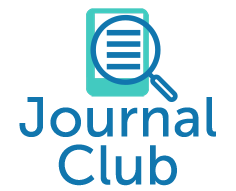
Free
60mins
Histamine intolerance and the gut microbiota
Rosie Hogg
Tuesday 11 July 2023 20:00–21:00 BST
CONTENT AND LEARNING OBJECTIVES:
Histamine intolerance is an increasingly discussed topic in the nutrition field for which diamine oxidase (DAO) deficiency is known to be an underlying cause. But what impact does the gut microbiota have on histamine intolerance?
In this Journal Club session, we’ll discuss a recently published study which proposed that dysbiosis of the gut may be a significant driver for histamine intolerance. We discuss the abundance of histaminogenic bacteria and how this is linked to the development of symptoms, even in the absence of DAO deficiency.
This session covers:
- Main types of histaminogenic bacteria in the gut
- Gut dysbiosis and it’s impact on DAO deficiency
- Limitations to the evidence-base and the study
- Impact of this research on practice
Watch this webinar to
Gain clear understanding of:
- The main types of histaminogenic bacteria in the gut
- How these histaminogenic bacteria antagonise symptoms associated with histamine intolerance
- Whether gut dysbiosis impacts DAO deficiency
Be aware of:
- Dysbiosis may lead to histamine intolerance with the absence of DAO deficiency
- The limitations to the evidence-base
- The limitations to the study
Be able to:
- Critically analyse the study
- Identify whether we can change our dietetic advice based on this research
- Promote nutrition professionals to learn more about histamine intolerance
Help us to continue providing expert nutrition learning
If MyNutriWeb has helped you deepen your knowledge of dietary and nutritional subjects, join us to help support and educate people to eat well for themselves and the planet. Read more...
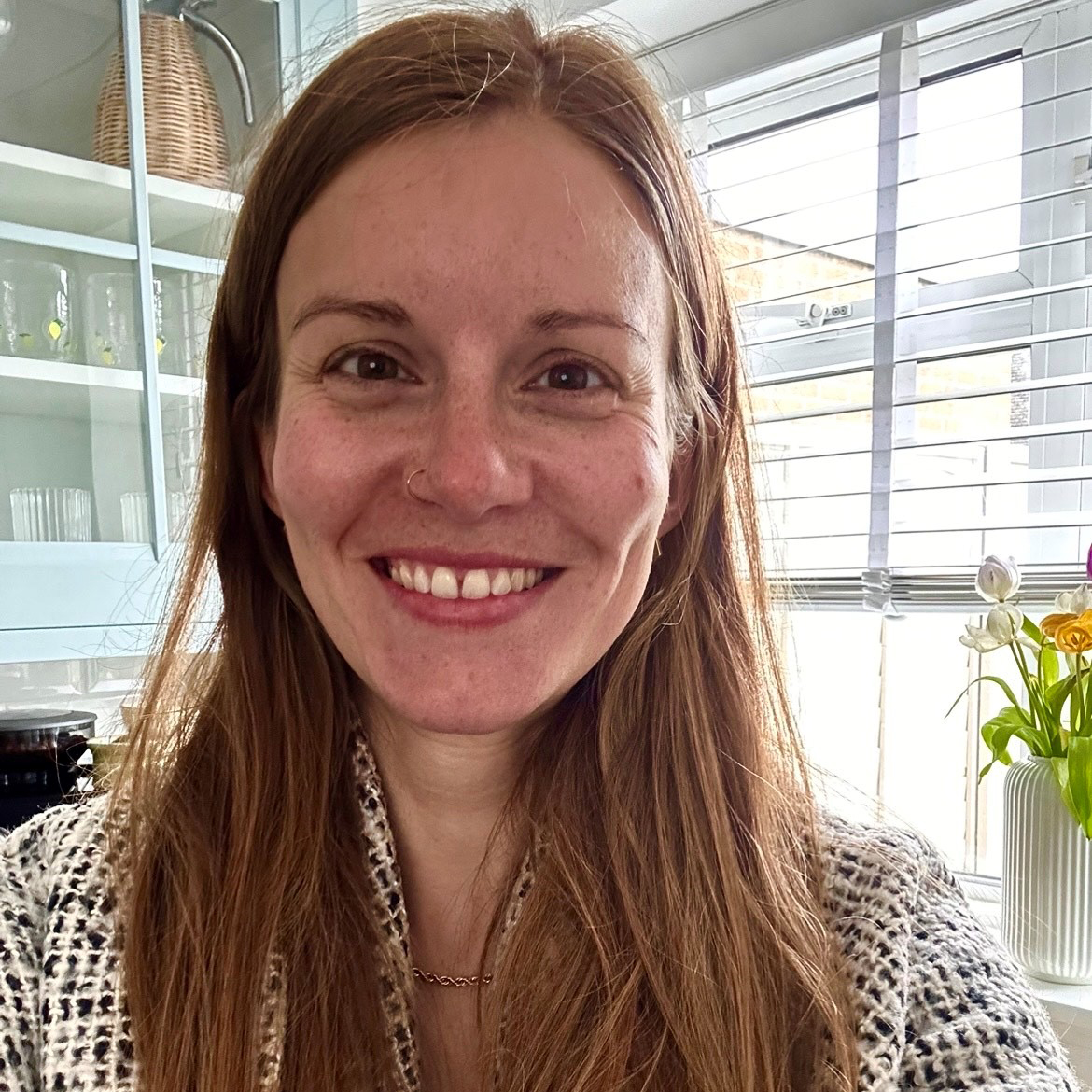
Expert speaker
Rosie Hogg
Registered Dietitian, Oxford Gastro Dietitians
Rosie is a specialist gastroenterology dietitian specialising in helping clients with dietary and lifestyle advice for gut health, coeliac disease, IBS, FODMAP dietary advice, ‘functional’ symptoms such as bloating, wind, reflux, loose stools and constipation.
Being an IBS sufferer herself, she knows the positive impact that both diet and lifestyle factors can have on improving symptoms long term. Since working as a gastroenterology both within the NHS and private practice for the past 7 years, she has gained experience in a wide number of gastrointestinal disorders.
Paper reference
Sánchez-Pérez, S. et al. (2022) ‘Intestinal Dysbiosis in Patients with Histamine Intolerance’, Nutrients, 14(9), p. 1774. doi:10.3390/nu14091774.

About Journal Club Chair, Dr Caroline Childs
Each Journal Club session is chaired by Dr Caroline Childs, Nutrition and Metabolism subject lead in Medicine at the University of Southampton. She received student-nominated awards for ‘most engaging lecturer’ and ‘best pastoral support’ and a colleague-nominated award for teaching excellence. Dr Childs is a Nutrition Society Ambassador and a South East Regional Representative for the Association for Nutrition.
As she says, “Developing skills in critical appraisal is an essential part of being a competent nutrition professional – whether you’re a dietitian, nutritionist or health professional specialising in nutrition.”
APPRAISING RESEARCH PUBLICATIONS
Nutrition research reported in the media often highlights mixed or contradictory results between studies. So, as a nutrition professional, how can you ensure you use the strongest available evidence to inform your practice?
CPD CERTIFICATE & LEARNING MATERIALS
This webinar has been approved for CPD by the AfN
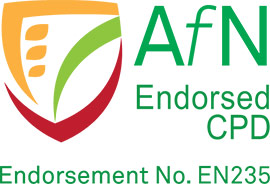
Once you have viewed a full recorded session the mynutriweb team will review and arrange to send you your certificate via email from hello@mynutriweb.com within two weeks of viewing the session.
Popular Now
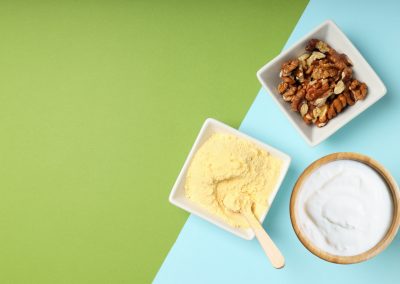
Protein: for exercise performance and recovery
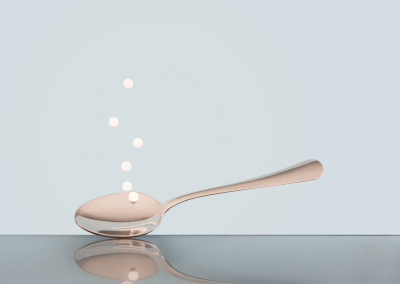
Low and no calorie sweeteners: your questions answered

Where are we now? Sustainability gaps in the UK and EU
This website is intended only for students or professionals working in food, nutrition and health. If this is you, please click to continue.



